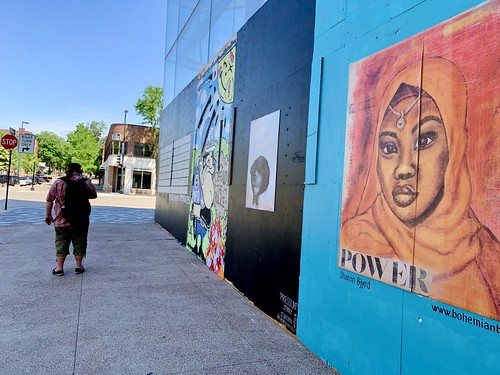The 5-4 decision, in which Chief Justice John Roberts joined with the court's four more liberal justices, struck down a law passed by the Louisiana Legislature in 2014 that required any doctor offering abortion services to have admitting privileges at a hospital within 30 miles. Its enforcement had been blocked by a protracted legal battle.
Two Louisiana doctors and a medical clinic sued to get the law overturned. They said it would leave only one doctor at a single clinic to provide services for nearly 10,000 women who seek abortions in the state each year.
The challengers said the requirement was identical to a Texas law the Supreme Court struck down in 2016. With the vote of then-Justice Anthony Kennedy, the court ruled that Texas imposed an obstacle on women seeking access to abortion services without providing any medical benefits. Kennedy was succeeded by the more conservative Brett Kavanaugh, appointed by President Donald Trump, who was among the four dissenters Monday.
Justice Stephen Breyer, who wrote the Texas decision, also wrote Monday's ruling. The law poses a substantial obstacle to women seeking abortions and offers no significant health benefits "and therefore imposes an undue burden on a woman's constitutional right to choose to have an abortion."
Roberts said he thought the court was wrong to strike down the Texas law, but he voted with the majority because that was the binding precedent.
"The Louisiana law imposes a burden on access to abortion just as severe as that imposed by the Texas law, for the same reasons. Therefore Loui
The Center for Reproductive Rights said the burdens on access to abortions in Louisiana would have been even more restrictive than those in Texas, where about half of the state's abortion clinics were forced to close. It also said the law was unnecessary, because only a small fraction of women experience medical problems after abortions, and when they do, they seek treatment at hospitals near where they live, not ones near the medical clinic.
"As Republicans continue their assault nationally on Roe v. Wade, they are also fighting on a state by state basis," House Speaker Nancy Pelosi, D-Calif., said in a statement. "Louisiana's draconian abortion ban was a clear and intentional violation of the Constitution, explicitly designed to permanently destroy women's reproductive freedoms and dismantle their right to make their own decisions about their health, bodies and timing and size of their families."
Louisiana had defended the law, arguing that the requirement to have an association with a nearby hospital would provide a check on a doctor's credentials. But opponents said a hospital's decision about whether to grant admitting privileges had little to do with a doctor's competence and more to do with whether the doctor would admit a sufficient number of patients.
siana's law cannot stand under our precedents."
















